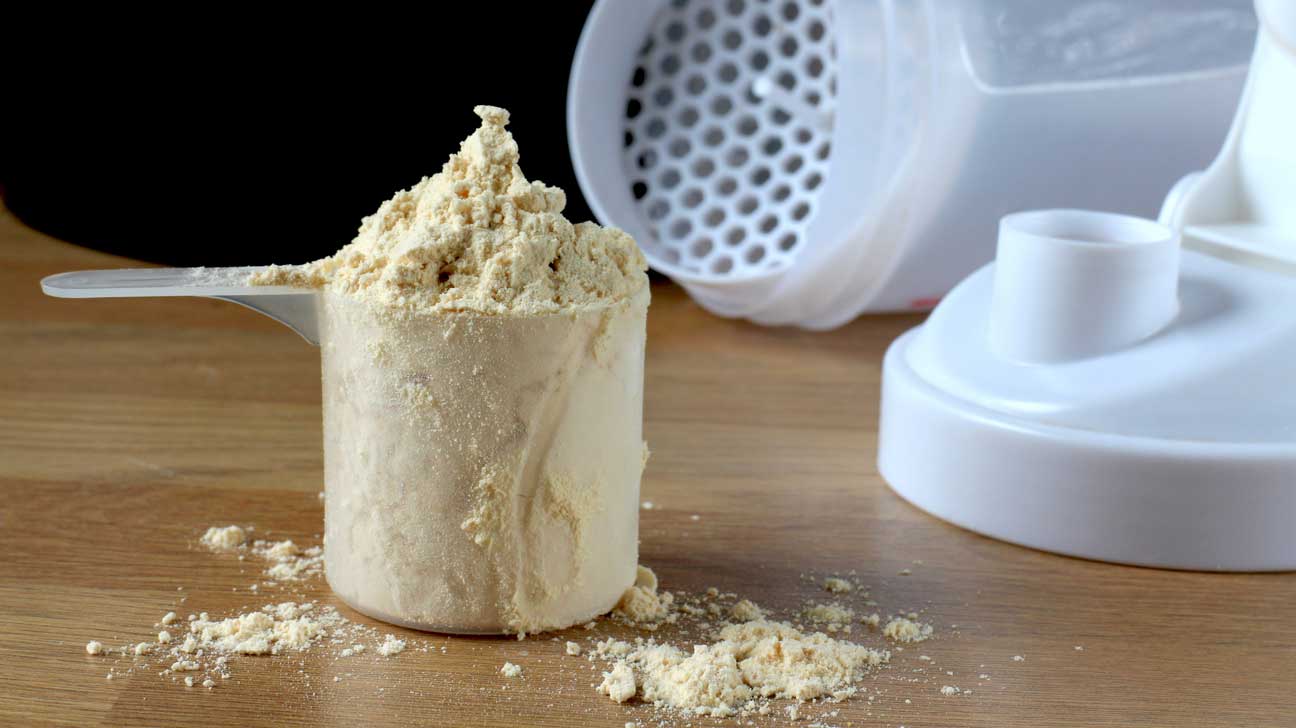Scientifically Proven Benefits of Creatine: Unveiling the Research
Introduction
In recent years, the interest in creatine has soared among fitness enthusiasts and athletes alike. This natural compound, composed of three amino acids, has been a subject of extensive scientific research. In this comprehensive article, we delve into the scientifically proven benefits of creatine, shedding light on what the research truly says.
Understanding Creatine
What is Creatine?
Creatine is a substance that is naturally found in muscle cells, playing a crucial role in the production of adenosine triphosphate (ATP). ATP is the primary source of energy for muscle contractions during high-intensity activities.
The Science Behind Creatine
Numerous studies have confirmed that creatine supplementation leads to a significant increase in muscle creatine content, subsequently enhancing the body’s ability to produce energy rapidly. This is particularly beneficial during short bursts of intense physical activity.
Unveiling the Benefits
1. Improved Strength and Power
One of the standout benefits of creatine is its ability to enhance strength and power. A meta-analysis of various studies concluded that creatine supplementation resulted in a substantial increase in strength during resistance training.
2. Enhanced Muscle Recovery
Creatine has been shown to alleviate muscle cell damage and inflammation, thereby expediting the recovery process post-exercise. This ensures that individuals can maintain a consistent and rigorous training regimen without compromising their muscles’ well-being.
3. Increased Muscle Mass
For those aiming to build muscle mass, creatine has proven to be a valuable ally. Research indicates that creatine supplementation, coupled with resistance training, leads to a more significant increase in muscle mass compared to training alone.
4. Cognitive Benefits
Beyond its impact on physical performance, creatine has shown promising results in cognitive function. Studies suggest that creatine plays a role in maintaining optimal brain health and may even provide benefits for conditions like depression and cognitive decline.
Addressing Common Concerns
1. Water Retention
Some individuals express concerns about water retention associated with creatine supplementation. While initial weight gain may occur due to water retention within muscles, it is important to distinguish this from fat gain. The overall consensus is that the potential benefits far outweigh any temporary aesthetic concerns.
2. Safety and Side Effects
Research spanning decades has consistently highlighted the safety of creatine supplementation when used within recommended doses. Side effects are rare and typically mild, making creatine a well-tolerated and safe option for most individuals.
Optimal Dosage and Timing
To maximize the benefits of creatine, understanding the optimal dosage and timing is crucial. Most studies recommend a loading phase followed by a maintenance phase. During the loading phase, individuals typically consume a higher dose (around 20 grams per day) for a week, followed by a maintenance dose of 3-5 grams per day thereafter.
Conclusion
In conclusion, the scientifically proven benefits of creatine are vast and well-documented. From enhancing strength and muscle mass to aiding in cognitive function, creatine stands out as a versatile and effective supplement. As with any dietary addition, it is advisable to consult with a healthcare professional before incorporating creatine into your routine.





















































